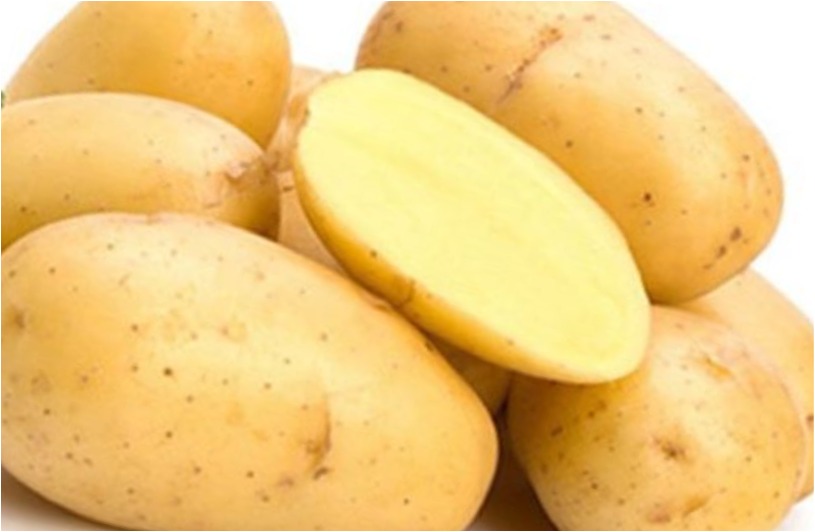Potatoes, being one of the most popular vegetables in India, are often excluded from the diets of individuals who have been diagnosed with diabetes. This is because potatoes are starchy and can lead to elevated blood sugar levels, especially if a person with diabetes is unable to fully absorb all the carbohydrates they consume. Normally, when blood sugar levels rise in individuals without diabetes, the pancreas releases insulin, allowing the cells in the body to utilize the sugar for energy.
However, it’s essential to understand that potatoes can still be included in a diabetes-friendly eating plan, as long as certain precautions are taken. The key lies in how the potatoes are prepared and the portion size consumed. For better control of carbohydrate intake, it is advisable to opt for boiled, grilled, or slightly sauteed forms of potatoes. Alternatively, potatoes can be cooked together with fiber-rich vegetables like beans, which can help slow down the digestion process and prevent abrupt spikes in blood sugar levels.
It’s worth noting that potatoes have a medium to high Glycemic Index (GI), which indicates their potential to impact blood sugar levels. Nevertheless, focusing solely on the GI value may not provide a complete picture of a food’s effect on blood sugar. Portion control also plays a crucial role in managing blood sugar levels when consuming potatoes or any other carbohydrate-rich foods.
Ultimately, people with diabetes can enjoy potatoes in moderation by being mindful of how they are prepared and consumed. As with any dietary choices for diabetes management, it is best to consult a healthcare professional or a registered dietitian who can provide personalized guidance and recommendations based on individual health conditions and needs.









